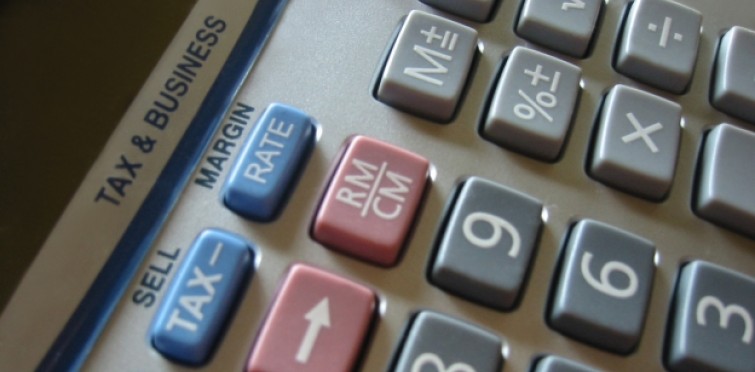As we prepare our tax returns this month Geoffrey Fletcher, Chartered Accountant, takes a look at tax breaks available.
If you are resident in Portugal, April and May are the months to submit your online income tax return. Tax in Portugal has increased substantially these last years as the country seeks to repay debt: there is a 3.5% ‘crisis tax’ on incomes over €6.790; tax rates go up to 48% on incomes over €80.000; and there is a 2.5% extra ‘solidarity charge’ on incomes over €80.000.
So it’s all the more important to use the credits and advantages that remain. Social security deductions, personal and spending tax credits on health, health insurance, education, pension plans, maintenance payments, donations and certain IVA bills can reduce your assessment. Cascais grants its residents a 1.25% tax rate reduction.
Portugal has neither wealth nor inheritance tax. Double tax treaties allow tax deducted in another country to be recovered or credited against your tax here. If you are a recent arrival, you may apply to be a non-habitual resident, which gives a flat 20% tax rate for certain incomes earned in Portugal, and exemption on income from outside.
If You Are:
Self-employed with annual sales and/or fees under €200.000, you are normally taxed on the simplified regime, which means you don’t need to draw up accounts and you may be taxed on as little as 10% of your income.
A pensioner, you only declare the income portion (15%) of an annuity you have bought. receiving dividends, you can choose to have them assessed together with other income, in which case you only declare 50% of those from EU companies. Otherwise, dividends are taxed at 28%.
Receiving interest in Portugal, you do not need to report it on the tax return. If the interest is from outside Portugal, it must be reported (not least owing to information exchange controls), but you may opt for a flat 28% tax.
Receiving from a life insurance, you are taxed on the excess received over premiums paid. 20% of the excess is tax-free on contracts over 5 years, increasing to 60% on contracts over 8 years.
Making a capital gain on selling your house, 50% is taxed. But, if you buy another property in the EEA, you may be exempt if you buy in the 24 months before or the 36 months after selling.
Further detail and a longer version of this article can be found in Cascais Live on www.angloinfo.com

